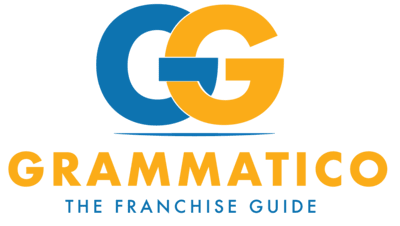If you plan to escape the constraints of the corporate world and embark on your own business venture, you may be contemplating whether to tread the path of solopreneurship or entrepreneurship.
In this increasingly digital era, both routes promise potential financial independence and personal fulfillment. However, misconceptions abound, causing a heated debate that often clouds the essence of business ownership.
This article will debunk those misconceptions, illuminating the differences and similarities between these two paths so you can determine the best fit for your personal and professional aspirations.
Defining Solopreneurship vs. Entrepreneurship
The debate between solopreneurship and entrepreneurship often hinges on one key question: What constitutes a ‘real’ business owner?
Some argue that entrepreneurship, characterized by managing teams and systems, embodies ‘true’ business ownership. In contrast, others view solopreneurship as the pinnacle of self-reliance.
However, the true essence of business ownership transcends these labels. It revolves around wielding control over your financial destiny, finding a sense of purpose, and achieving various forms of freedom.
Regrettably, the stigma associated with labels may distort this reality, leading individuals to make decisions based on misconceptions instead of personal aspirations.
The Five Freedoms of Business Ownership
Regardless of the path you choose, the ultimate goal remains consistent: to achieve the five freedoms – time, financial, purpose, relational, and locational freedom.
Time freedom is the ability to dictate your schedule, balancing work commitments with personal life.
Financial freedom is the flexibility to manage financial obligations without worry and accumulate wealth over time.
Purpose freedom empowers you to align your business with your values, interests, and desire to make a difference.
Relational freedom provides the liberty to select your team and clients, fostering a conducive work environment.
Lastly, location freedom is the flexibility to operate your business from anywhere in the world.
Dispelling the Solopreneur Myth
At the crux of the solopreneur vs. entrepreneur debate is the question: Can anyone truly be a solopreneur?
While you may be the sole employee of your business, you likely won’t manage all business aspects alone. You may outsource certain tasks, employ automated systems, or engage external service providers.
This debunks the myth that a business can be built in isolation.
When we move beyond labels and focus on the end goal – our personal version of success – the solopreneur vs. entrepreneur debate becomes less significant. Whether you wish to build an enterprise with a hundred employees or prefer a hands-on approach with a smaller team, what matters most is whether your business aligns with your vision of success.
Your vision of success could place greater value on time over financial freedom, or it could lean more towards a managerial role over a hands-on approach. Only you can define your vision of success and, ultimately, your choice should aim to attain the five freedoms of business ownership.
Charting Your Path and Embracing the Journey
Let’s put the solopreneur vs. entrepreneur debate aside. Business ownership isn’t about the label you bear, but the freedoms you achieve. It’s about shaping your life on your terms, delivering value through your work, and making a societal contribution that aligns with your purpose. As you navigate these waters, franchising can be a viable option that offers the potential of entrepreneurship while providing a proven business model.
Eager To Dive Deeper?
One great way to escape corporate life and enter into your own business endeavor is through franchising.
If you’re curious to learn more about how it works, check out my newest Podcast Solopreneur vs Entrepreneur!
Connect with me on LinkedIn or visit my website for more detailed personal guidance.
Together, we can ensure your franchising journey is a successful one!






